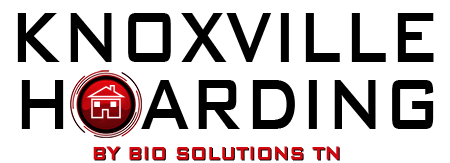There are many types of hoarding and they all have one thing in common- the over abundance and accumulation of too much stuff.
• Syllogomania (Trash & Garbage) – Syllogomania is the hoarding of items that have no real or perceived value and items have no use but poses a health risk. Some examples of disposable items include but are not limited to used food containers, junk mail, empty boxes, soiled clothing, etc. These types of hoarders have likely given up on trying to dispose of items and their home is typically in disrepair and biologically unsafe.
• Larder Hoarding (Food) – Most food hoarders fear the possibility of running out of food. This fear will not allow a food hoarder to throw any food away, no matter how spoiled it has become.
• Animal Hoarding- Animal hoarding is a case where a person or family attempts to take in far more animals that what they can properly care for. Most animal hoarding starts out with great intentions, wanting to save, protect and provide for these animals. This accumulation quickly becomes out of control, leading to an environment that is no longer healthy for them or the animals they want to help.
• Bibliomania (Books and Information)- Bibliomania hoarding is also often referred to as an information or knowledge hoarder. Information hoarders attempt to justify the accumulation through their desire for knowledge.
• Recycling Hoarders – Recycling hoarders have really good intentions in their attempt to recycle, but the accumulation of these items gets out of control. They will quickly reach a level where it becomes too much to properly dispose of.
• Shopaholics – The Shopping hoarder usually buys things in bulk, or will end up buying more items that are needed because of a deal that is “too good to pass up”. The shopping hoarder might also find that they have impulse issues with their purchases. Many times the hoarder never even opens the items.
• Collector Hoarding – Collector hoarders start out collecting something specific, but quickly turns into
classifying every purchase as an item to collect. The collections will continue to grow and begin to take more space than they have room for.
